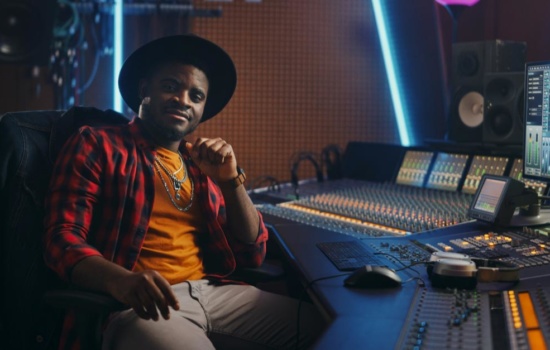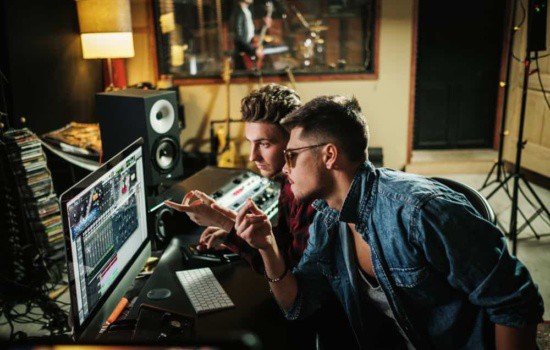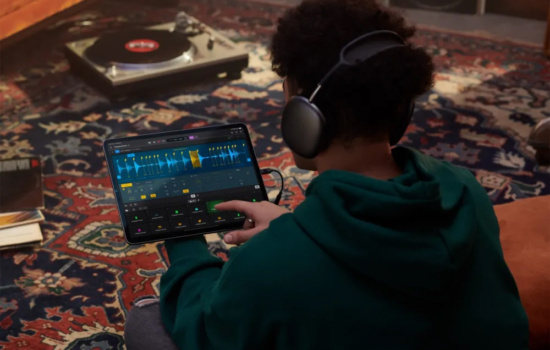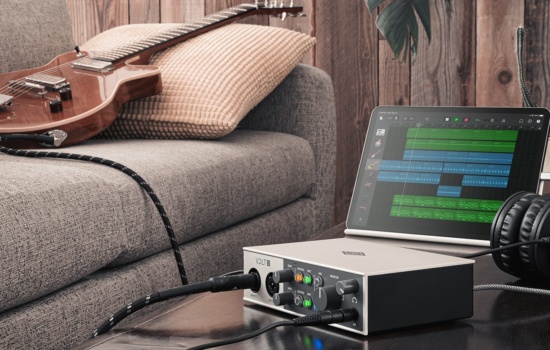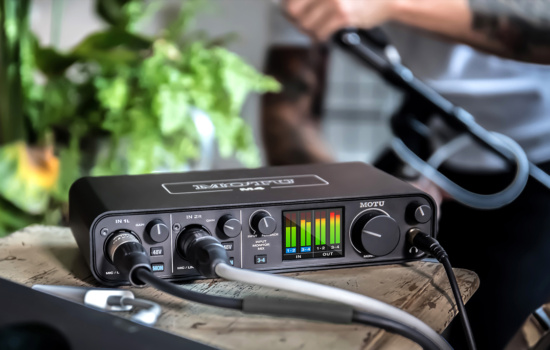There is so much you should know before starting a record label, and quite a lot of it is covered by this article, but what isn’t often mentioned is that running a company like a label is extremely hard work. It requires long hours, dedication, persistence, and the confidence to keep going, no matter what roadblocks may pop up. Many people quit simply because they don’t find success fast enough.
What exactly is a record label and what do they do?
A record label is a company or organization within the music industry that specializes in discovering, signing, promoting, and distributing music recordings. Essentially, it serves as an intermediary between artists and the public. Record labels play a crucial role in the music ecosystem, providing artists with the resources, expertise, and infrastructure needed to reach a wider audience and commercialize their music. They act as a bridge between musicians and the music market, handling various aspects of the music production and distribution process.
The primary functions of a record label include scouting and signing talent, financing and overseeing the recording and production of music albums or singles, marketing and promoting the releases to reach the target audience, and distributing the music through various channels, including physical copies, digital downloads, and streaming platforms. Additionally, record labels often provide artists with support for artist development, music video production, and tour planning. They may also negotiate contracts with artists, manage royalties, and handle copyright and licensing matters.
Record labels come in different sizes and specialties. Major labels, often owned by large media corporations, have substantial financial resources and global reach. They tend to work with established artists and have extensive marketing and distribution capabilities. Independent labels are smaller and more specialized, often focusing on specific genres or emerging artists. They offer more creative freedom to artists and can be more nimble and responsive to market trends.








